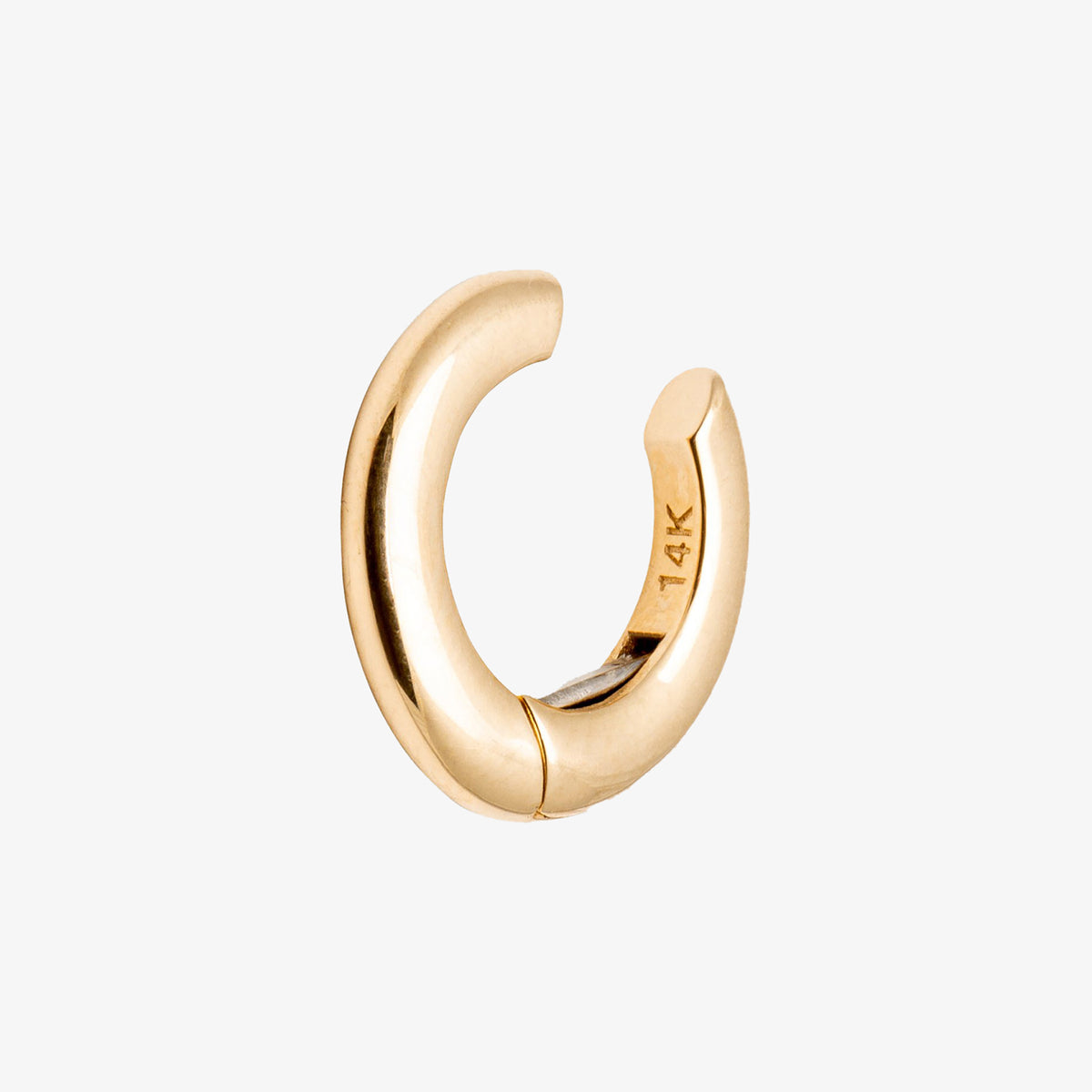Your body is great at regulating itself and making corrections when things go awry, like developing a fever to burn off a virus or creating goosebumps to increase body temperature when we’re cold. However, there are a few things - like prolonged stress - that our bodies can’t correct on their own. They try to give us warning signs to indicate the need to make changes to our diets or daily routines before things get out of hand. A prolonged period of stress is something that our bodies are just not equipped to withstand and can have detrimental effects on how we function. It's important that we learn to listen to our bodies, and a good place to start is paying attention to these six signs that stress is about to takeover and it’s time to act.
Weekend Headaches and Body Pains
When we get stressed out our body starts to tense up and holds onto that stress. That’s why when you finally get home and sit down after a long day at work, you literally feel your muscles relax and sink into your couch cushions. Our bodies feel stress just like our minds do and staying tense all day is tough work for your poor muscles. I know “working out more” was one of your New Year’s resolutions, but this isn’t what we had in mind! Frequent headaches and a sore jaw can be indicators of stress as we’re more likely to clench or even grind our teeth throughout the night during stressful times. If you ever feel muscle soreness on the weekends when you feel like you haven’t done anything active, or frequent but inexplicable headaches, that’s likely your body telling you you’re holding too much stress and need to take a rest.
Image credit: Anh Nguyen
An easy way to begin taking note of your body physically reacting to stress is setting frequent reminders on your phone throughout the day to check if your jaw is clenched, if your breathing is more rapid, or if your head or neck are sore. Take five minutes every hour to gently work and unclench your jaw, roll your neck from side-to-side, and stand up and stretch (especially if you work a desk job).
You’re Not Sleeping Well
Having trouble falling asleep and also staying asleep are both signs that you may be over-stressed. Whether you classify yourself as an ‘early-bird’ or a ‘night-owl’ we all have unique sleep schedules that work for us. However, if you notice your sleeping schedule is abnormal and you’re not waking up well-rested, you may want to consider that stress could be the culprit.
Sleep is super important for hormone balance and regulation, so a few tricks we use to aid in a good night’s rest are no electronics for at least an hour before bed, taking a warm bath right before bed, drinking camomile tea, or reading a book in bed. Blue lights from our phones and computers are known to halt our brain’s ability to go into sleep mode by interfering with the production of melatonin (the sleep hormone). All these activities, when part of a regular nighttime routine, are going to make it easier for your body to physically relax and your mind to slow down from the constant stimulation of technology.
Weight Fluctuations or Changes in Appetite
Image credit: i yunmai
Like our sleep schedules, we all have unique appetites and relationships with food that are normal for us. A major warning sign for stress is if you start noticing any unexplainable changes in your diet such as overeating, under-eating, or making unhealthy food choices as a coping mechanism. This is because stress causes our bodies to release norepinephrine, which is the same response we get in fight- or-flight response situations. That may explain the unusual and rash decisions we sometimes make when we’re stressed out - right down to the foods we eat.
Anxiety
This one may seem obvious, but stress and anxiety are not the same thing. Stress is what our body feels when we have a tight work deadline, or are experiencing big changes in our life; but we don’t always feel the effects of stress right away or we might not even recognize them as signs of stress.
Anxiety is one of our bodies’ responses to stress and can manifest as: consistent feelings of dread, tension, restlessness, and mood swings. There is a huge comorbidity with anxiety and depression so it’s important to notice the signs of stress early and manage them. Try dealing with your stress immediately and in healthy ways by identifying what may be the root of the problem and making changes to better manage the stressors in your life.
Dealing with stress can be a daunting thought and it’s not something you’re ever meant to handle on your own. Getting help through means of personal therapy, reaching out to your support system, and managing physical routines like nutrition, exercise, and sleep will help you manage the mental symptoms of stress.
Acne
Have you ever noticed that you always seem to get a huge pimple just a few days before the really important events in your life, like prom or your first day at a new job? Stress hormones trigger an overproduction of sebum, that lovely oily sheen that is both great for keeping skin moisturized and not so great when it’s over-produced. Excessive amounts will clog your pores which often results in breakouts.
Stressful situations also cause us to touch our face far more often than usual, which adds foreign bacteria to our faces. The excitement we feel leading into a big, important day is a good thing; but prolonged periods of stress are not healthy for our bodies. If you’re noticing more breakouts than usual and in specific places, rather than reaching for the serums and creams, try a few of your favourite ways to relax and destress and book an appointment with a dermatologist to determine if skin issues are a result of stress, hormones, or nutrition.
Frequent colds and illness
Stress can have a domino effect on our bodies, taking down each system in sequence if we don’t intervene. When our bodies are constantly in a state of fight-or flight from stress they can’t do their jobs effectively. This is why our immune system starts to fail us during periods of high stress and we get sick more often and for prolonged periods of time. All the signs we talked about previously can team up to result in an overall weakened immune system, so if you’re noticing any of these signals, your body is probably telling you that stress is getting the better of you and it’s time to intervene.
Read Next: 6 Steps To A Healthy Mind And Body (Especially During Hard Times)



























































































1 comment
Saipali
Very relatable post. Thank you for the eye opener 😊
Very relatable post. Thank you for the eye opener 😊